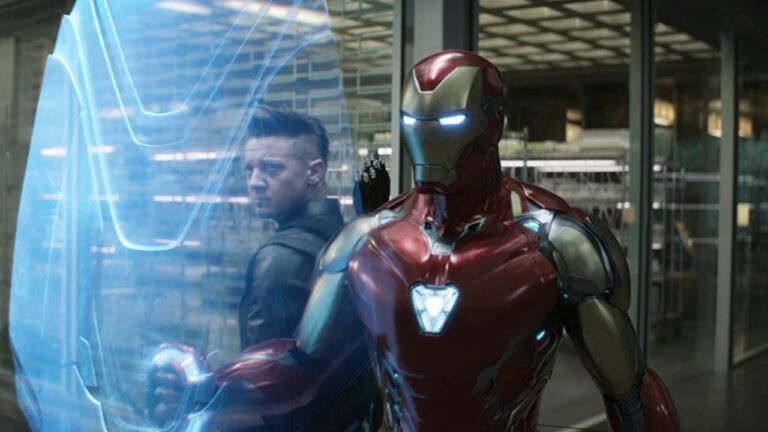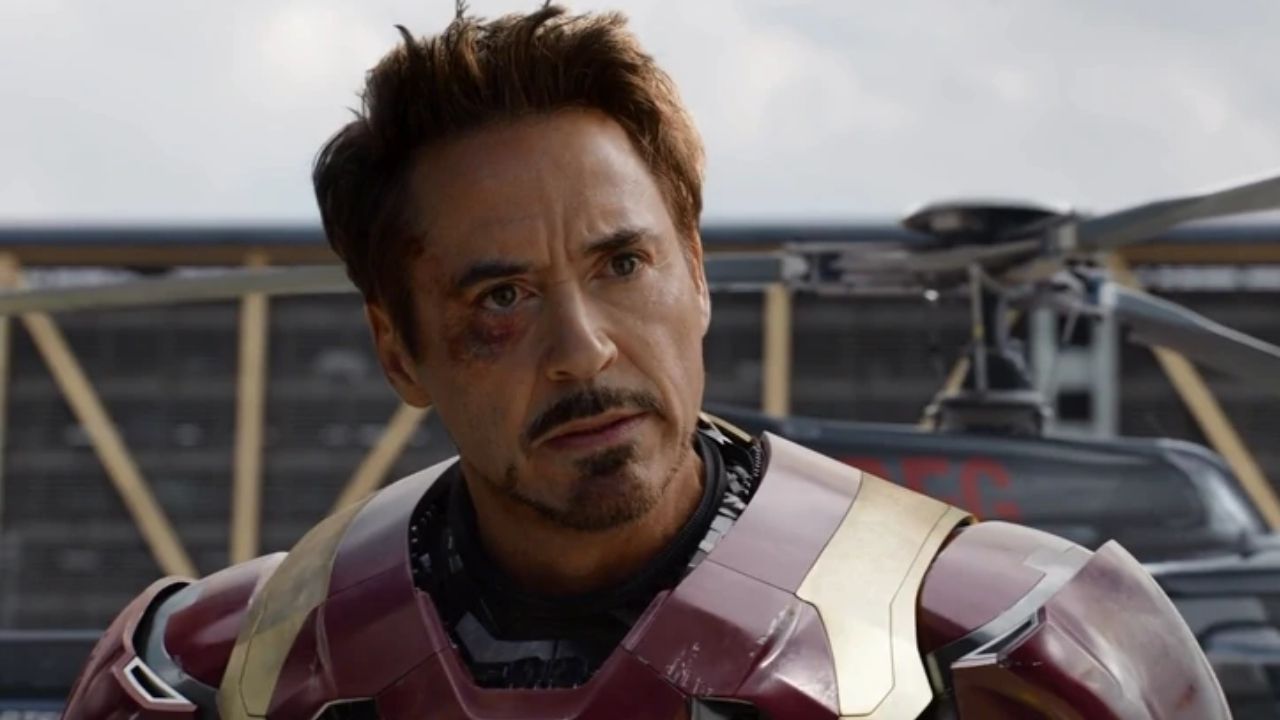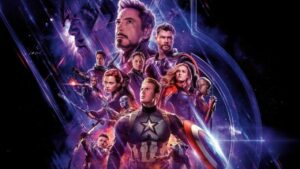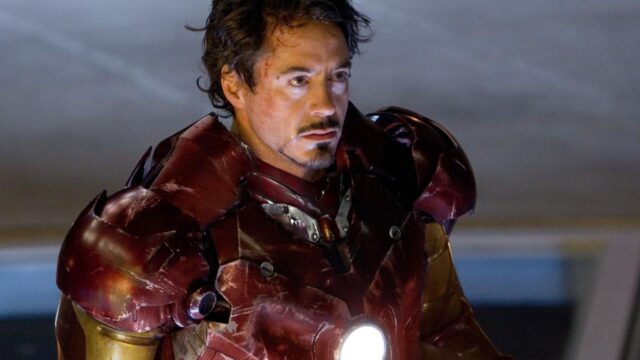The Marvel Cinematic Universe began in 2008 with Robert Downey Jr.’s Iron Man making superhero movies the coolest genre ever.
Iron Man was the foundation that other Marvel films were built on, so it was heart-shattering when that era ended three years ago with Avengers: Endgame killing off the beloved character.
In a recent talk with Deadline’s Co-Editor-in-Chief Mike Fleming Jr., Joe Russo explained why it had to be Iron Man who sacrifices himself in Avengers: Endgame, and not Captain America. (via SCREENRANT)

Brothers Joe and Anthony Russo shaped a lot of the MCU before Phase 4 and were also responsible for Avengers: Infinity War and Avengers: Endgame, the grand conclusion that the MCU had been building up for over a decade.
As Phase 4 was supposed to bring in the new generation of heroes, the Russos had an important task of giving many of the original Avengers a proper goodbye.
So when asked about why they chose those specific endings for the two main ‘leaders’ of the Avengers, Joe explained Steve Rodgers/Captain America’s hero-like tendencies and how sacrificing him would’ve been the most obvious and expected choice,
“If you think of Captain America as a character, you go, ‘Okay, Captain America dying is fairly obvious,’ right? That is, you know, something he would do based on the character. You know, this is a guy who, you know, offered to be a guinea pig in a science experiment. He’s intrinsically a hero. Like there’s not a lot of complexity there. It might be emotionally impactful because you like him. You know he’s a very likable character, but that’s not necessarily the most compelling arc.”
However, as Joe further explained, it was more impactful to have Tony Stark sacrifice himself and let go of his ego in order to do that,
“Tony Stark is a character who was supposed to die. If you watch Iron Man, the first five minutes of that film, he should have died, but he didn’t, he got captured, and he has an ego, right? And that first movie’s about the subjugation of his ego in order for him to be a hero. But that ego then fuels him, and at times it competes with this idea of him being a hero. That seems like a more interesting arc to us to take a character who had an ego because to die for others; you have to defeat the rights of that. It seemed like the more compelling arc to us that it would be Stark who died. So that it would be a richer, more complex arc, and that’s why we chose him.”
This makes sense because Tony Stark as a character is the total opposite of Cap. Rogers thinks with his emotions, wanting to save anyone and everyone he can, even at the expense of his own life.
Stark, however, is more rational and would think of the best way to save everyone, including himself. In fact, he’s reluctant to even help them this time because he had a kid during the time leap—he has everything for a perfect life.

This changes during the final battle when Doctor Strange signals to him, telling him it’s the one chance to win over Thanos. At that moment, Stark makes his decision, and his reason for sacrifice becomes clear. It’s for everyone he’s ever cared about—Pepper, his daughter, Peter, Happy, as well as the Avengers.
As MCU continues to shape its Phase 4 with new-age superheroes and opens up the multiverse, it’d be interesting to see whether we get descendants or variants of Iron Man and Captain America come into play somehow.
About Avengers: Endgame
Avengers: Endgame is a 2019 superhero film under the Phase Three Marvel Cinematic Universe. It is the 22nd film under the franchise. The film is produced by Marvel Studios as a sequel to Avengers: Infinity War. Endgame is Directed by Anthony and Joe Russo.
The film stars Robert Downey Jr., Chris Evans, Mark Ruffalo, Chris Hemsworth, Scarlett Johansson, Jeremy Renner, Don Cheadle, Paul Rudd, Brie Larson, Karen Gillan, Danai Gurira, Benedict Wong, Jon Favreau, Bradley Cooper, Gwyneth Paltrow, and Josh Brolin.







No Comments on Joe Russo Explains Why Killing off Iron Man in Endgame Was Necessary